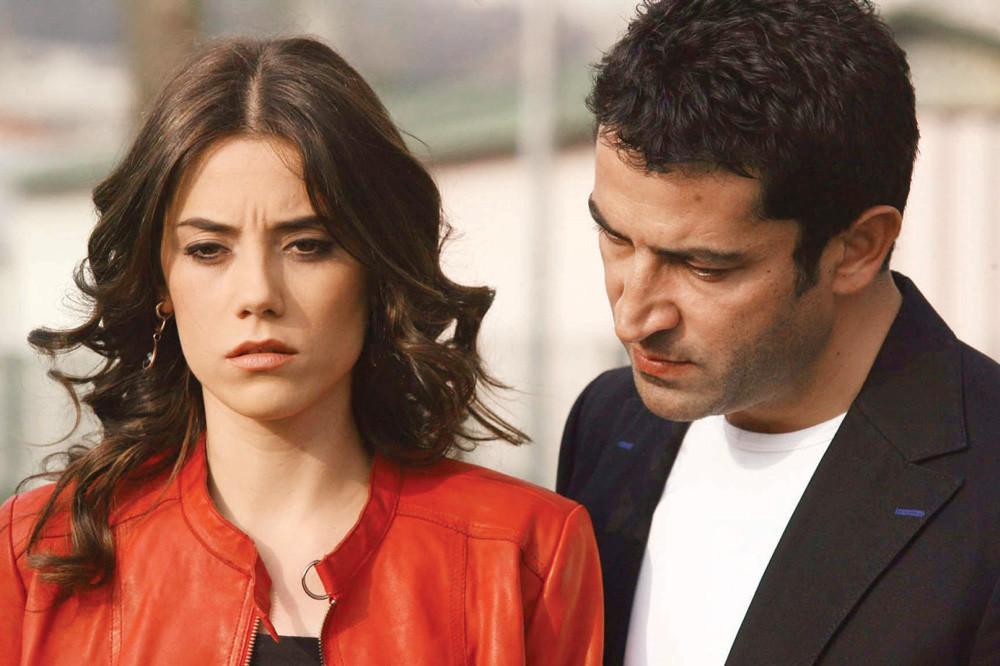
The Dubai-based pan-Arab broadcaster MBC has “received instructions to remove all Turkish programs” from its channels until further notice, according to a report published in The National on March 4.
The MBC’s sudden removal of hit Turkish dramas over the past few days is set to continue for the foreseeable future.
The MBC Group spokesman Mazen Hayek did not comment on who was behind the decision, or whether it came from inside or outside the company, The National reported.
“There is a decision that concerns several media outlets in many Arab countries that Turkish dramas are to be taken off air, including MBC. That was from 1 a.m. Saudi Arabian time on March 2,” Hayek reportedly said.
The directive does not seem to have affected Dubai TV which, according to its schedule published online, continues to screen the drama “Sultana Kosem” (Kösem Sultan) five days a week.
The online streaming service Netflix is also showing almost 20 Turkish programs, including the 2011 historical drama “The Magnificent Century” (Muhteşem Yüzyıl) and the 2009 espionage thriller and Gulf smash-hit “Ezel.”
Dubbed in Arabic, the programs have topped traditional leaders in Egypt and Syria (the former due to poor scripts and the latter because of the present conflict crippling the Syrian TV industry) with their multi-faceted storylines, high production costs and serene landscapes.
Their controversially liberal stance on relationships also resulted in 2008’s “Noor” (Gümüş) becoming a runaway hit in the region. The show’s final episode, airing on MBC, reportedly had 80 million viewers from the Arabian Gulf to Morocco.
Hayek said the ban includes all kinds of Turkish programs, and immediately affects six shows. It was likely to hit revenues and viewership built up over more than 10 years, he added.
However, it also opened opportunities for programme makers in countries such as Qatar and Lebanon to fill the gap. “This may be an incentive for Arab producers to create high-level Arabic drama that can be a good alternative to those taken off the air,” Hayek said.